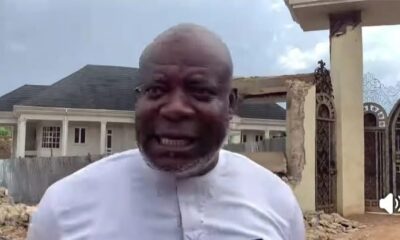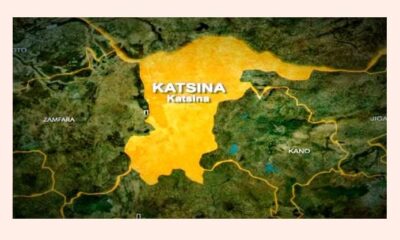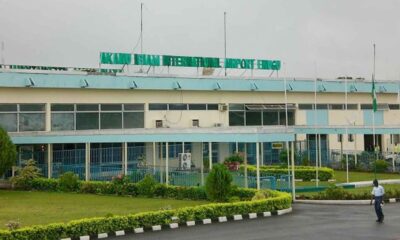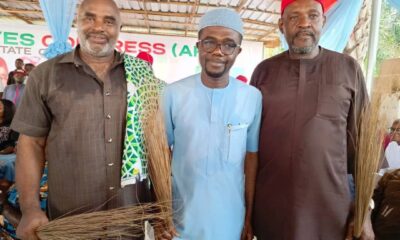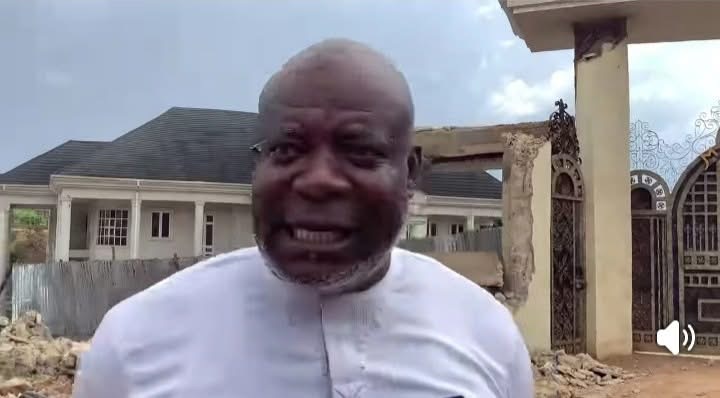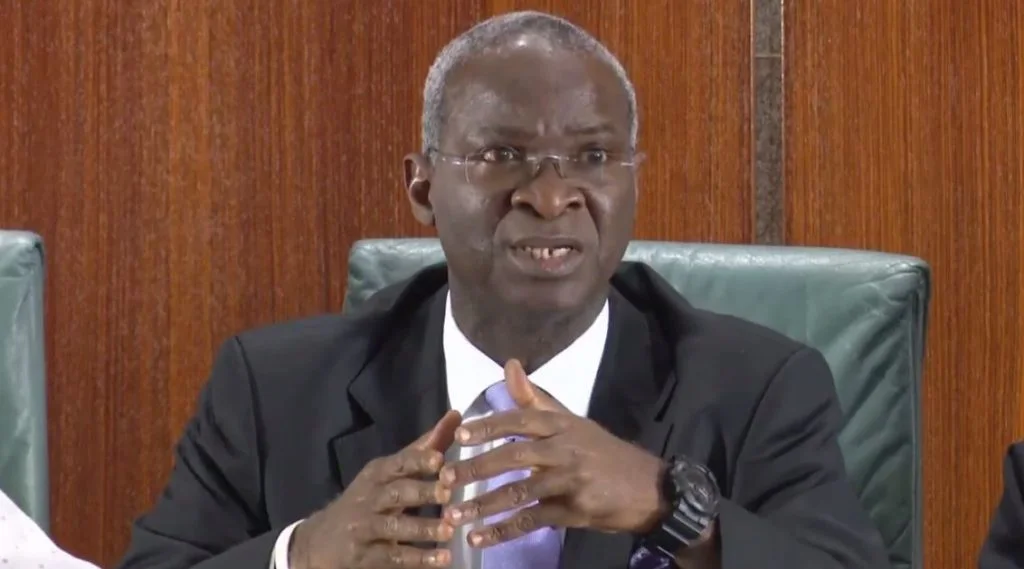US President Donald Trump wants other countries to import more American beef and poultry. Several countries restrict importing these products for decades because they don’t meet their food safety regulations.
His administration also singled out the UK and EU for “non-science-based” restrictions on importing US beef, and Argentina for its ban of live US cattle exports.
Trump has used these import bans as part of his rationale to impose new trade tariffs.
Who do countries ban US beef imports?
There are different reasons why Australia, Argentina, the EU and the UK don’t import some American beef products.
For Australia and Argentina, the restrictions date back to 2003 when bovine spongiform encephalopathy (BSE) was detected in US cattle. BSE is a disease which affects the nervous system of cattle caused by misfolded proteins known as prions. It’s also known as Mad Cow Disease.
Humans can become infected with the disease when they eat meat contaminated with BSE. It is known as Creutzfeldt-Jakob disease in humans. Globally, a total of 233 people have died from Creutzfeldt-Jakob disease after eating BSE-infected.
US health authorities reduced the spread of BSE among US cattle sufficiently to see the ban on beef exports to Australia lifted in 2019.
“There may be a feeling from some producers or companies in the US that Australia is banning US beef, but there’s no ban in place,” said Robyn Alders, a veterinary scientist at the Australian National University.
But US imports are still restricted if they don’t meet Australia’s strict biosecurity laws. For US beef to be allowed into Australia, US cattle farmers must prove their cattle are entirely bred, grown and slaughtered in the US.
“To do that [tracing] in a way that would still make their product a cost-efficient thing to ship that product across to Australia, there are very few companies — virtually none at the moment — that are willing to take that on,” Alders said.
Argentina lifted its BSE ban on American beef products in 2018 but has maintained the restriction on live cattle imports until the two countries finalize a new “sanitary certificate”.
No added hormones for Europe and the UK
The EU and UK have restricted US beef imports since 1989 because the US cattle industry sometimes uses growth hormones to increase meat and milk yields. The EU does import non-hormone-treated beef from the US.
US dairy and cattle farmers routinely use hormones like estradiol 17ß and testosterone to promote faster growth and improve feed efficiency.
The EU’s ban rationale, which is also maintained by the UK post-Brexit, is based on its own scientific evaluation showing that daily intake of growth hormones can have negative health impacts, including evidence that estradiol 17ß can cause cancerous tumor growth.
The US cattle industry has argued against the EU’s restrictions, saying food safety testing in the US shows no risk to adult health.
“[However], the European perspective is that the entire population does not consist only of health adults, but [also] of infants, children, the elderly, the immunologically compromised,” said Erik Millstone, an expert in food and science policy at the University of Sussex, UK.
“EU authorities have done a much more comprehensive assessment of the risk of consuming hormone-treated beef [compared to US authorities],” Millstone said.
Chlorinated chicken banned in Europe too
The US has also criticized EU bans on importing US poultry that has been cleaned in chlorine.
US poultry farmers wash poultry meat in chlorine solutions to kill harmful bacteria such as campylobacter, which commonly causes food poisoning.
The European Food Safety Authority (EFSA) has said that chemical substances in poultry meat are unlikely to pose a health risk for consumers.
However, European authorities are concerned that rinsing chicken in chlorine at the end of the food production process allows lower standards of hygiene and animal welfare in earlier stages. EU regulations legislate animal welfare at all stages of the “farm to fork” process.
Millstone also that some research shows that chlorine rinsing may not actually have the intended effect of decontaminating meat.
“The chlorinated water was not an effective disinfectant. The bacteria remained in place, remained pathogenic, remained dangerous, infectious, but were just not detected,” Millstone said.
As a result, rates of bacterial food poisoning in the US are substantially higher than they are in the European Union or UK, said Millstone.
What do US producers need to do?
For the time being, US animal farming practices are either incompatible or too impractical to meet the food safety demands of export markets.
Australia and Argentina are open to importing US beef, but US producers must meet their regulatory standards.
For the UK and EU, it’s a more difficult path, which would require US producers to cease using growth hormones in beef production and end the practice of chlorine washing in poultry.
Polling data suggest Europeans are against allowing US meat products in — a 2020 poll found 80 per cent of the British public are against allowing imports of chlorinated chicken.
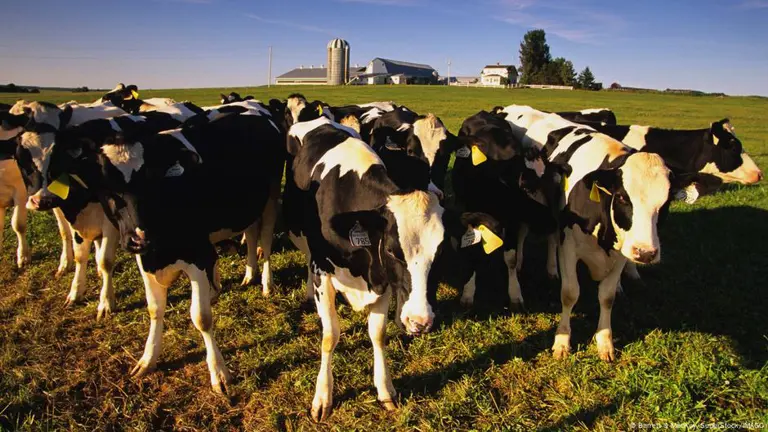

 Trending6 months ago
Trending6 months ago
 Politics6 months ago
Politics6 months ago
 Politics6 months ago
Politics6 months ago
 Politics6 months ago
Politics6 months ago


